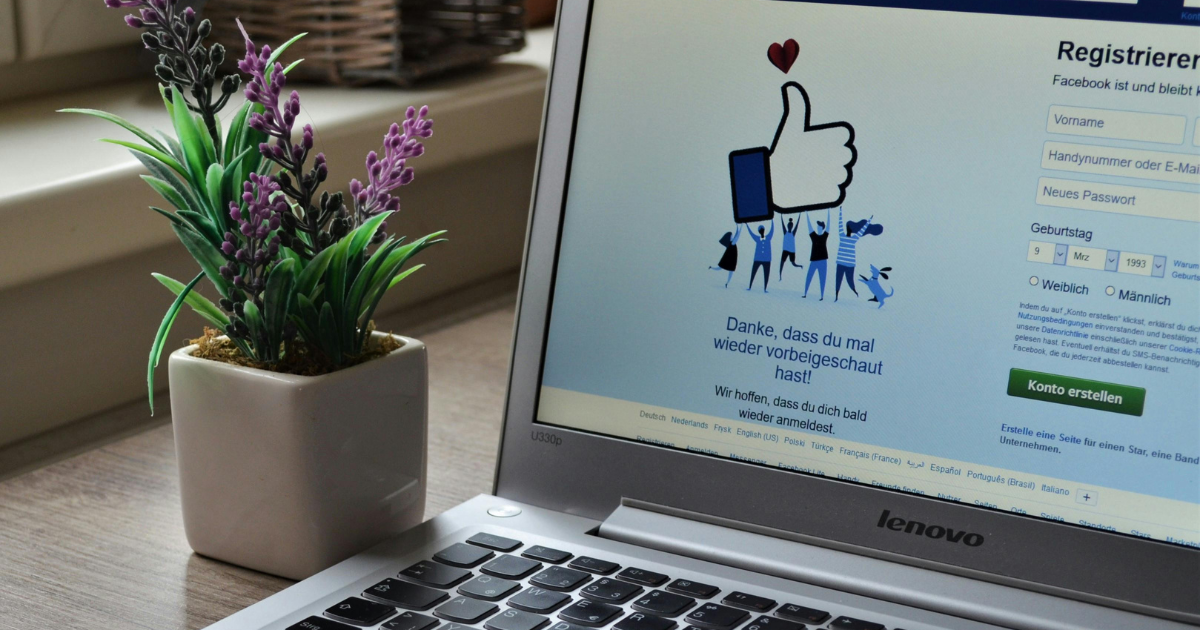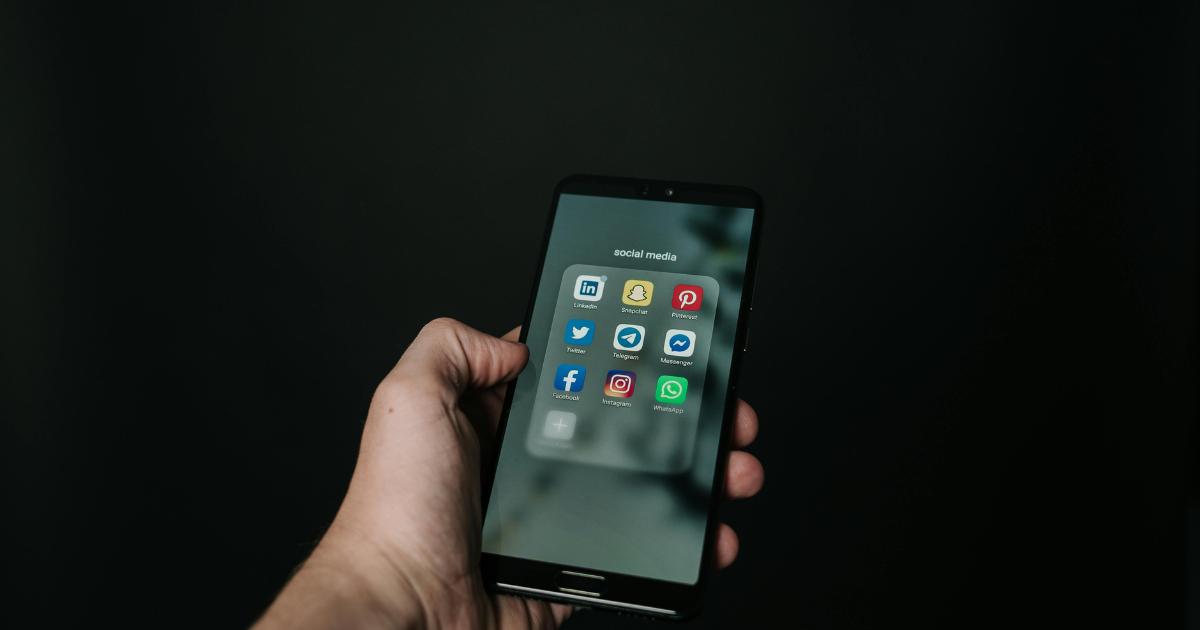Social media is the newest passing phase in modern life. Platforms like Instagram, TikTok, Facebook, and Snapchat allow individuals to connect with others, share their lives, and consume content in ways never before possible. It comes with a host of issues more significant than the impact on our body image and mental health. In this post, we will look into the impact of social media on body image, the effects of influencers and celebrities on our psychology, and, most importantly, what we can do to maintain a healthy relationship with social media.
Social Media and Body Image
With the rise of visual-centric platforms like Instagram, studies on social media and body image have become of growing concern. Our self-concept is constructed from the images we consume. Individuals are fed an endless stream of idealized and heavily edited images that cannot compare with a real person.
The Double-Edged Nature of Social Media
Social media facility creates flattering images of the perfect life has a double edge to it. It allows its users to create flattering pictures of themselves on one hand. But on the other hand, it sets unrealistic standards that can lead to growing feelings of inadequacy, insecurity, and body dissatisfaction.
The Dangers of Comparison on Social Media
Many use themselves as comparisons against influencers, celebrities, and even peers. Comparing can be dangerous since, even though it has many positive implications, it can lead to a poor evaluation of oneself over time, culminating in social media body image and mental health disorders such as body dysmorphia, eating disorders, and anxiety issues.
Pacific Coast Mental Health
The Link Between Social Media and Body Image Concerns
Research studies show a direct relationship between the adoption of social media and body image concerns. This is the impact of social media most evident in adolescence. According to the International Journal of Eating Disorders, people who spend too much time on social media have a great chance of carrying body dissatisfaction. Most cases have emanated from distorted comparisons of beauty among people as they try to compare themselves with the supposed “perfect” body projected by social media.
The thinness, muscularity, and the issue of flawless skin highlighted the context where people’s self-esteem sums up to looks. The standards in question often lead to negative consequences. The American Psychological Association has noted that the escalation of social media use and its variants among young people has led to astronomic proportional increases in anxiety, depression, and eating disorders.
The line between reality and edited photos on social media is becoming increasingly blurred. Therefore, it’s essential to recognize that the impact of social media on mental health extends beyond body image and affects overall psychological well-being.
Social Media’s Influence on Self-Esteem and Mental Health
The impacts of social media on self-esteem and mental health are generally far-reaching and multifaceted. Of course, a person can easily see how social media might affect body image or mental health, but the reality is much more profound. Social media platforms were engineered to keep people engaged and create a validation cycle through likes, comments, and followers.
People feel validated when they get lots of likes and comments on their posts. At the same time, if such feedback is scarce or harmful, it leads to a drastic fall in self-esteem. The deep impact is especially noticed when youth are concerned, especially adolescents.
The constant posting of “perfect” photos also creates anxiety and depression. This is more so if one feels they are far from being up to the standards of influential celebrities. For instance, constantly seeking validation through social media can be emotionally draining as one falls into a cycle of comparison and self-doubt.

How Filters and Editing Impact Body Image
The most significant determinant of distorted body image in social media is the ubiquitous use of filters and editing tools. Available online, especially on Instagram and Snapchat, and on several other platforms, filters enable users to edit their images according to an ideal standard. Whether it’s removing blemishes, reshaping facial contours, or even changing body size, these filters make it relatively easy to display an image that may not reflect reality.
These tools have created a new kind of “perfect” body image that cannot be achieved without technological aid. The use of these tools poses risks for many body image and even mental health disorders. When comparing themselves with photos like these, people often feel inadequate or don’t measure up.
The effects of these filters aren’t just psychological; they also set impossible standards for beauty. Consequently, most people, particularly young users, must alter their pictures to conform to the same narrow standards. This can feed feelings of inadequacy and dissatisfaction even further.
The Role of Influencers and Celebrities on Body Perception
| Topic | Details |
| Influencers and Celebrities Shaping Beauty Standards | Influencers and celebrities play a major role in shaping beauty standards through social media, with millions following their edited, curated lives. |
| Impact of Edited Photos & Unrealistic Beauty | Many influencers post edited photos that display unrealistic beauty standards, skewing perceptions of body image. |
| Body Positivity vs. Harmful Beauty Standards | While some influencers promote body positivity and self-love, others perpetuate harmful beauty ideals that negatively affect mental health. |
| Limited Representation of Body Types | Influencers and celebrities often represent a narrow ideal of beauty, typically thin, toned, and conventionally attractive, which pressures others. |
Pacific Coast Mental Health
Adverse Mental Health Effects of Social Media
Social media’s mental health effects extend beyond the issue of body image. Excessive use of social media has been associated with several mental health issues, such as anxiety, depression, loneliness, and addiction. Constant presentation of filtered or edited images leads to negative thought patterns, including body dysmorphia or the belief that one’s value is tied to appearance.
One of the gravest concerns through social media on mental health is the compulsion to perform and curate a “perfect” life continuously. Many users feel pressured to present themselves in ways that meet social expectations, which leads to a disconnect between the online persona and the reality behind it. This causes significant stress and emotional distress, especially if what does not exist offline matches perfectly what is put up online.
In addition, the presence of social media sites contributes greatly to alienation. Thousands of connected people with a ton of social media tools at their fingertips are lonely and disconnected from life. This phenomenon is the strength behind the rapid increase in mental illnesses associated with social media use.
Positive Uses of Social Media for Body Positivity
While adverse effects abound, social media can also be a highly effective force for good. The movement of body positivity and self-love has grown, particularly within the past years, Instagram and TikTok users. From encouraging users to love their natural bodies to rejecting the narrow standards of beauty often shown on social media, body positivity looks to revolutionize how people see each other’s bodies.
Building a Supportive Online Community
People can follow many body-positive influencers and hashtags, such as #BodyPositivity, to create a more supportive online environment. Social media enabled the development of a community of people who advocate for diversity in body types, promoting acceptance and value for who anyone is, even with their appearance.
Raising Mental Health Awareness
Another great virtue of social media is raising people’s mental health awareness. Influencers on social media are, in truth, striving to remove the stigma associated with mental health issues. They and other organizations inspire openness about self-care, therapy, and emotional well-being.
Strategies to Cultivate a Healthy Social Media Relationship
- Social media has negative impacts on body image and mental health, but it is possible to build a healthier relationship with it by taking a few steps back.
- Curate your feed according to your values and priorities.
- Follow positive and diverse accounts that promote acceptance of different body types. This can influence your perspective and turn your feed into one that shows healthy body images and supports good mental health.
- Unfollow people who make you feel bad about yourself or inferior.
- Set daily and weekly time limits to avoid spending too much time on social media.
- Take regular breaks from social media to prevent burnout, anxiety, and depression.
- Be mindful of how you feel before, during, and after using social media. If certain content makes you feel down, consider cutting back and finding ways to support your mental health.
Managing Social Media for Better Mental Health
Managing social media use is essential for protecting both body image and mental health. It’s important to recognize when social media is negatively impacting your mental health and take steps to protect yourself. Whether it’s limiting your time on social media, curating your feed, or practicing digital detoxes, taking control of your social media experience can lead to better mental health outcomes.
Once again, the support can also be with backing. If the use of social media or social networking leads one to distress or is a body image disorder instigator, help should be sought immediately with a mental health professional. Therapy and support groups prove to be helpful tools for people navigating through social media while prioritizing their mental well-being.

Final Thoughts and Call to Action
Social media is an invaluable asset in the modern world as it creates today’s identity and how we view ourselves and others. The influence of social media on how a person perceives his or her body will be immense. Knowing how to use social media, picking positive feeds, and practicing self-care could minimize its negative effects and create a healthier online environment for ourselves and others.
If you think social media is influencing your body image or your mental health, then you have to do something about it. Consider reaching out for support from mental health professionals, talking to friends and family, or finding online communities working with body positivity and mental wellness. You should feel good about who you are in both the online and offline worlds.
Pacific Coast Mental Health
FAQs
How does social media affect body image?
Social media often promotes unrealistic beauty standards by showcasing heavily edited and filtered images. These portrayals can lead to body dissatisfaction, as users may compare themselves to influencers, celebrities, or their peers. This constant comparison can negatively impact self-esteem and create unrealistic expectations about how one should look.
Can social media contribute to mental health issues like anxiety and depression?
Yes, excessive social media use has been linked to increased anxiety and depression, particularly among adolescents. The pressure to present a “perfect” life and the constant comparison to others can cause stress and emotional distress, leading to feelings of inadequacy and loneliness.
How do filters and editing tools influence body image?
Filters and editing tools allow users to alter their appearance, often presenting an unrealistic version of themselves. This can create a distorted sense of beauty and lead to body dissatisfaction as people compare their real selves to these altered images. Constantly exposing “ideal” body types and faces can foster insecurity and a desire to achieve unattainable beauty standards.
What are some positive uses of social media for body positivity?
Social media can be a powerful tool for promoting body positivity. Many influencers and organizations share messages of self-love, acceptance, and diversity. Hashtags like #BodyPositivity and #LoveYourself help create supportive communities that challenge narrow beauty standards and encourage individuals to embrace their natural bodies.
How can I improve my mental health while using social media?
To maintain a healthy mental relationship with social media, curate your feed by following accounts that promote positivity and diversity. Set time limits for social media use, take regular breaks, and be mindful of how content makes you feel. If social media causes distress, consider unfollowing accounts that make you feel inadequate and focus on uplifting, body-positive content.








